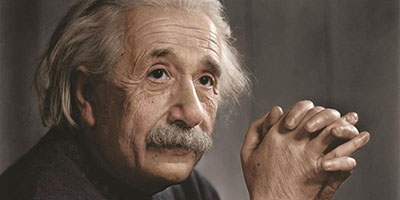Albert Einstein, one of the greatest physicists of the 20th century, is primarily known for his theories of relativity, which revolutionised our understanding of space, time, and gravity. Although his work did not directly address the concept of parallel universes, some of his ideas and discoveries paved the way for philosophical and scientific discussions on this possibility.
The concept of parallel universes is often associated with the theory of the multiverse, which suggests the existence of multiple universes that coexist with our own, each with different physical laws and initial conditions. This idea has been explored in various fields of theoretical physics, particularly in quantum mechanics and cosmology.
Einstein himself, while not having formulated a theory on multiverses, contributed to a scientific framework that inspired other physicists to explore such concepts. For example, his famous equation E=mc² has profound implications for the nature of energy and matter, which have been subsequently explored in contexts such as string theory and inflationary cosmology, where the existence of parallel universes is hypothesised.
In summary, while Einstein did not directly assert the existence of parallel universes, his work laid the groundwork for many of the modern discussions in theoretical physics regarding the possibility of multiple realities and alternative dimensions. These themes continue to stimulate scientific and philosophical curiosity, fueling the imagination of scientists and enthusiasts around the world.
 IT
IT  US
US  UK
UK  DE
DE  FR
FR  ES
ES  NL
NL  PL
PL  SE
SE  JP
JP 




